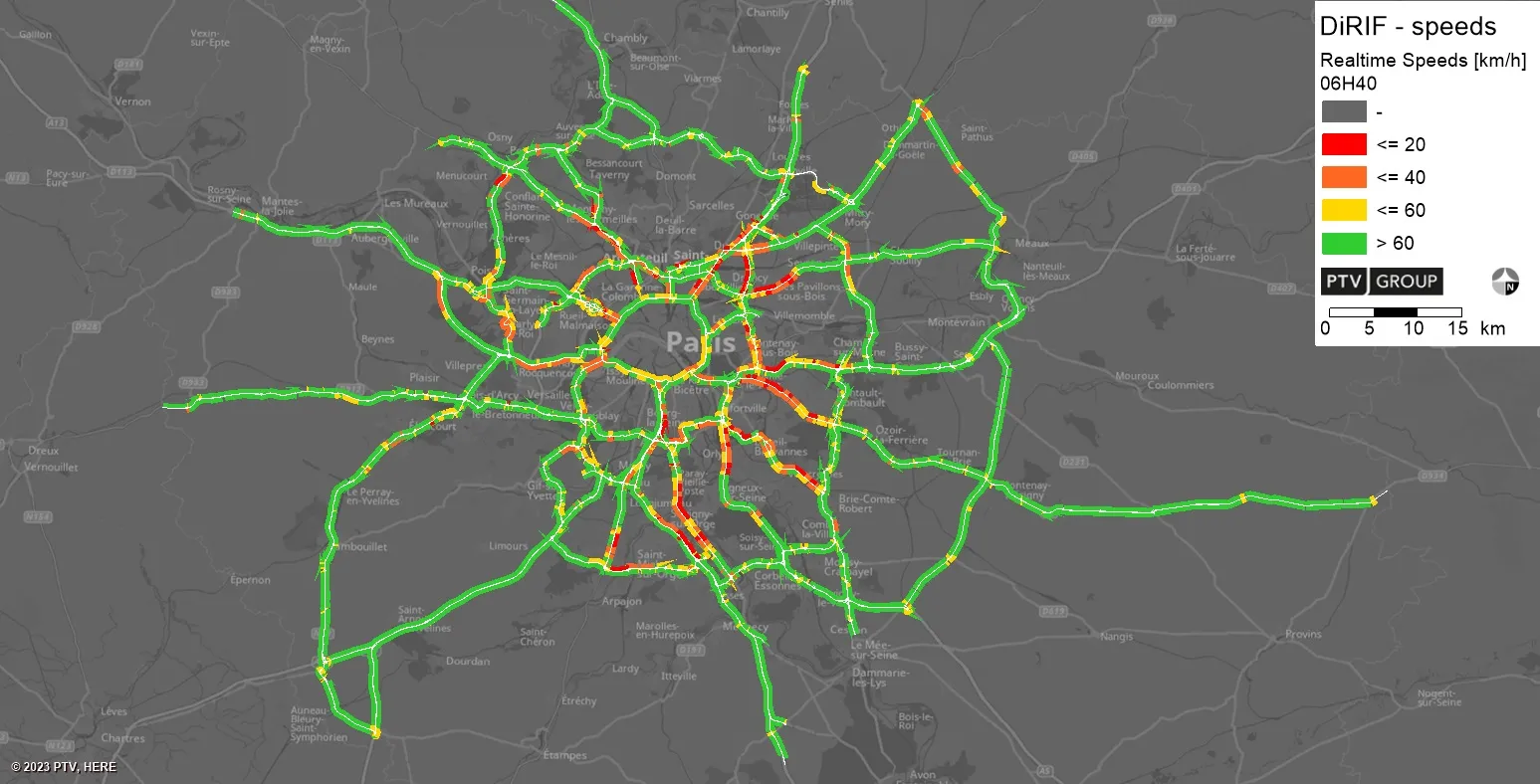The city of Temecula in California has approved
McCain's solution, approved unanimously at last week’s city council meeting, features the company’s QuicTrac adaptive control software, which will leverage the city's existing traffic control equipment and provide a system upgrade to the current control software.
"By utilising our existing infrastructure, McCain offered us a turn-key and cost-effective solution for reducing traffic congestion," said Greg Butler, Temecula’s director of public works. "Most importantly, their solution has been successfully deployed in other regions and can integrate with Caltrans intersections, impacting drivers the moment they exit the freeway."
McCain's QuicTrac adaptive control software operates by collecting and analysing real-time data from field detectors, loops or video, to establish traffic flow and demand. The software then runs a series of advanced algorithms to determine and coordinate optimum signal timing for the entire corridor. By coordinating traffic signals based on current conditions, QuicTrac creates a series of green lights, expediting groups of vehicles through the arterial.
"A major cause of congestion for main arterials across the nation is that [traffic] signal coordination does not respond to prevailing traffic conditions," said Steve Brown, director of technical services for McCain. "By implementing sophisticated monitoring and synchronising programmes, the city of Temecula will not only reduce traffic congestion but increase safety and make a positive impact on the community and the environment."








